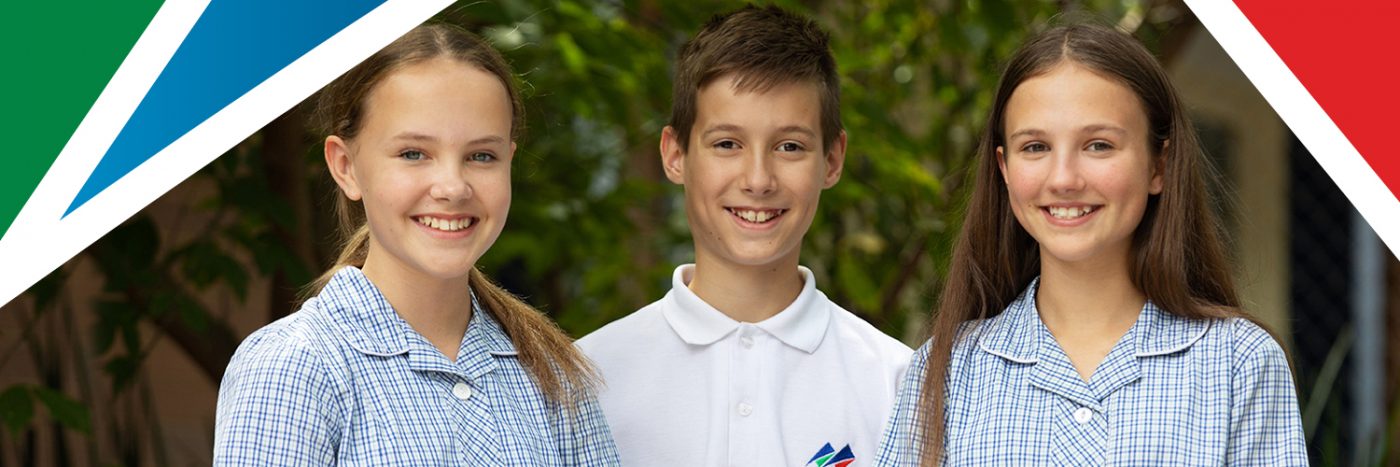STUDENT WELLBEING
I recently came across this useful information from the Beyond Blue website about how to talk to young people about mental health.
More information around this topic can be found on their website
https://www.beyondblue.org.au/get-support/have-the-conversation/talking-to-a-young-person
And I found this video really helpful. https://youtu.be/LFyetdiDB_Y
Talking to a young person
Are you worried about a young person and not sure what to say? Do you worry that you might make things worse? You want to help them, but not sure how?
It all starts with a conversation.
Even if you aren’t sure quite what to say, the important thing is that you say something. Let them know that you are concerned and why. They may be experiencing anxiety or depression, or they might be struggling with suicidal thoughts. By starting a conversation and showing your concern and willingness to support them, you’re giving them an opportunity to share what they are going through. This can make all the difference in ensuring they get any support they might need.
Things to remember
- A young person may find it uncomfortable discussing their thoughts and emotions openly with you. They may even get angry when you ask if they’re OK. Try to stay calm, and realise you may need to try raise the conversation in different ways over time to get a response.
- If a young person doesn’t want to talk to you about his or her problems, try not to take it personally.
- If a young person has anxiety or depression, it will probably affect the way they think about things. They are more likely to approach situations negatively, believing nothing much can change or that things are hopeless. Being terribly anxious and worried can also get in the way of finding solutions. If the young person feels this way, they may need:
- encouragement to explore options for help
- reassurance that things will be OK
- to focus on small steps and achievements.
- When young people have anxiety or depression, it doesn’t help to pressure them to ‘snap out of it’. You can’t assume that the problem will go away without help. You won’t always have the answers, and you may say the wrong thing at times – but simply showing you care and will be there to help them through this is what matters.
- Young people who resist seeing a doctor or a health professional may prefer to contact a professional over the phone or online, as this is anonymous and can be less confronting.
- Take their lead by asking how they would like to be supported. It might help to suggest a few options; some that support them emotionally (being available to listen, offering reassurance), others that offer practical help (help with homework or getting to a part time job).
- Recovery is possible, but it can be a slow process.
- Seek support from trusted friends or relatives, or talk to a counsellor about ways to cope and support your child.
- If you think that a young person is thinking about suicide, you need to talk about it.
And as always, we want to remind you, that your child’s wellbeing is our priority. If you have any concerns at all about your child then please contact your child’s coordinator or myself so we can discuss appropriate wellbeing support. We are available to parents via phone or text. Your child can also contact us directly by knocking on the door of our office. We are here to support you.
John Nichol
Well-Being Leader
WELLBEING AND WELFARE SUPPORT SERVICES
| 24 Hour Emergency | |||
| Police/Fire/Ambulance | 24 hours/7 days | 000 | |
| Kids Helpline | Counselling service for people aged between 5 and 25 | 24 hours/7 days | 1800 551 800 www.kidshelpline.com.au/young-adults (email, web chat) |
| Lifeline | Crisis support, suicide prevention and mental health support services | 24 hours/7 days | 13 11 14 |
| Beyond Blue | Information and support for all ages to promote optimal mental health. | 24 hours/7 days | 1300 224 636 (Chat online or email) |
| 1800 RESPECT | 24 hour counselling line for anyone who has experienced, or is at risk of, family and domestic violence and/or sexual assault. | 24 hours/7 days | 1800 737 732 https://www.1800respect.org.au/
|
| E headspace | Provide mental health support for young people aged 12–25 | Phone: 10pm – 1am Online counselling: 1pm – 1am | 1800 650 890 https://headspace.org.au/eheadspace/
|
| Inspiro | Free youth, teen, young adult and family | counselling 9738 8801 or visit https://www.inspiro.org.au/ | |
| Parent line | Support for Parents and carers with children from birth to 18 years | 8am–midnight/7 days | 13 22 89 |
| EDVOS | Family violence service in Melbourne’s eastern metropolitan region | Mon-Fri 9am-8pm Sat 9am-5pm (phone or email) | 03 9259 4200 |

